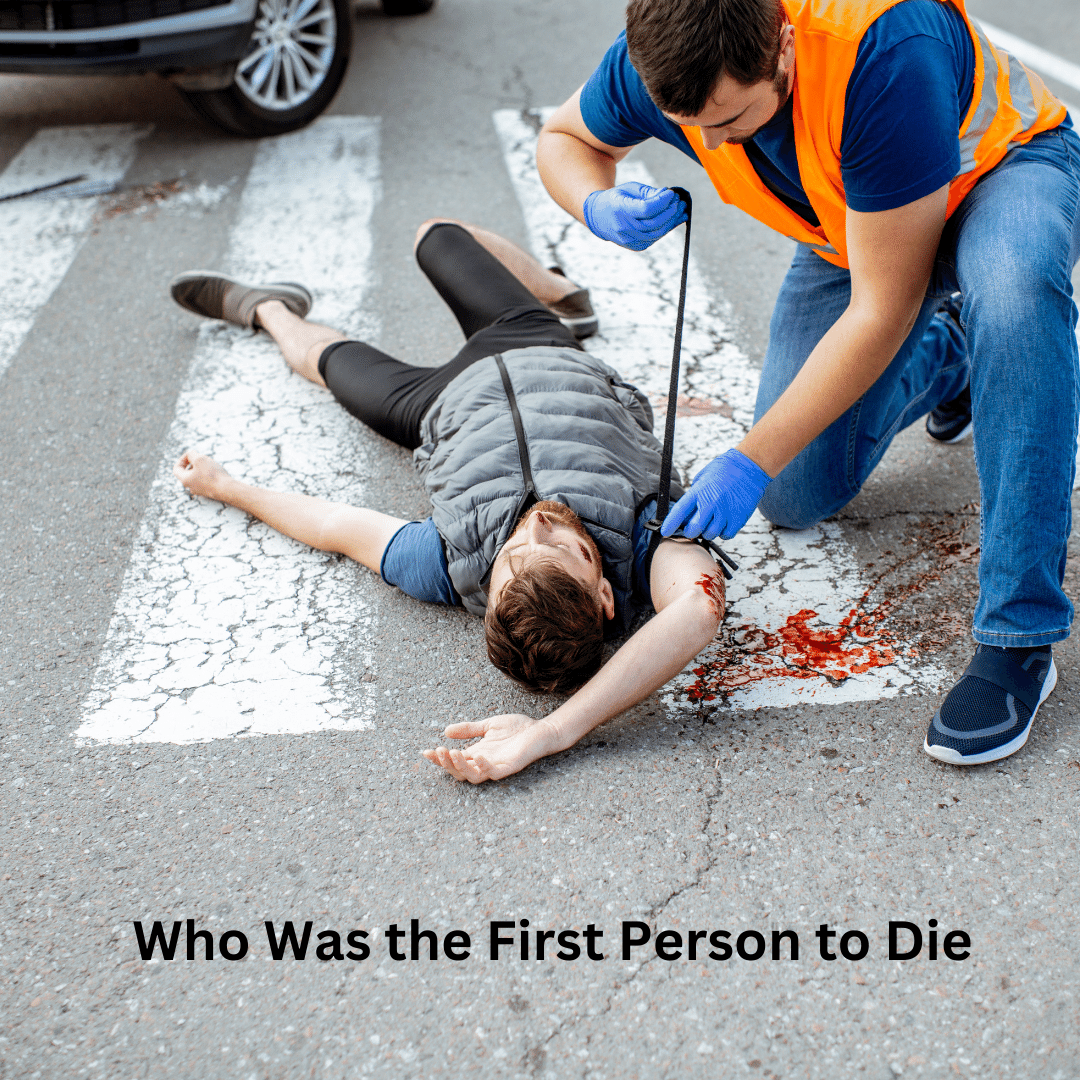Introduction
In the vast tapestry of human history, there lies a question that echoes through the corridors of time: Who was the first person to meet the inevitable embrace of mortality? Delving into the annals of time, this article seeks to shed light on this intriguing inquiry.
The Dawn of Humanity
In the primordial chapters of our existence, tracing the exact moment of the first human’s passing becomes a challenging endeavor. However, through the lens of anthropological studies and archaeological findings, we catch glimpses of our ancient ancestors grappling with the mysteries of life and death.
Paleolithic Ponderings
As our hunter-gatherer forebears navigated the challenges of survival, the fragility of life became an undeniable reality. Tribes, bound by communal ties, mourned the departure of their brethren, marking the inception of rituals that would evolve into the diverse funeral customs we witness today.
Mesopotamian Musings
Venturing into the cradle of civilization, Mesopotamia, we find ourselves amidst the birth of structured societies. Cuneiform tablets and ancient inscriptions hint at the existence of individuals who, in the ebb and flow of time, became the first to bid farewell to the earthly realm.
Egyptian Epoch
In the grandeur of the Egyptian civilization, death assumed a profound significance. Pharaohs, revered as earthly gods, embarked on journeys to the afterlife. The elaborate funerary rites and pyramids stand testament to a society grappling with the existential question of what lies beyond.
Download TikTok Videos for Free with SSSTIK.IO: A Quick and Convenient Solution
Greek Antiquity
The philosophical musings of ancient Greece contemplated mortality and the human condition. While we may not pinpoint a singular individual as the first to succumb to death, the philosophical legacy of figures like Socrates pondered the intricacies of life’s ephemeral nature.
Roman Reverberations
In the echoes of the Roman Empire, the concept of mortality intertwined with political power. Emperors, generals, and ordinary citizens alike faced the inevitability of their own demise. The Roman funeral processions and epitaphs on ancient gravestones unveil a society grappling with the transient nature of life.
Evolutionary Enigmas
Evolutionary biologists grapple with the elusive nature of pinpointing the initial human death. Fossil records offer fragmented glimpses into our evolutionary journey, hinting at the emergence of mortality within our species. The evolutionary puzzle unfolds as we dissect the fossilized remains, seeking clues to the genesis of human mortality.
Technological Turn
Fast forward to the technological age, where advancements in science and medicine redefine our relationship with mortality. The first documented instances of death in medical records provide a stark contrast to the ancient unknowns. Medical pioneers, through meticulous documentation, pave the way for a more comprehensive understanding of life’s inevitable conclusion.
Industrial Revolution Insights
The Industrial Revolution heralds not only a transformation in technology but also in mortality patterns. With urbanization and advancements in healthcare, the dynamics of death shift. Statistical records emerge, allowing us to trace the timelines of individuals who were, in their own right, pioneers of a changing era.
Twentieth Century Tales
In the wake of the twentieth century, the global landscape witnesses seismic shifts. Wars, pandemics, and societal changes mark this era. Documented accounts of individuals who faced untimely deaths during significant historical events paint a poignant picture of the human experience amidst tumultuous times.
Contemporary Considerations
As we stand on the precipice of the twenty-first century, mortality takes on new dimensions. The digital age brings forth challenges and opportunities in how we perceive and commemorate death. Social media memorials, virtual legacies, and ethical debates on life extension redefine our contemporary narrative surrounding mortality.
Embracing the Unknowable
In our quest to identify the first person to die, we confront the inherent mystery of life and death. The enigma persists, a testament to the universal experience that transcends time and culture. Each era leaves its mark on the evolving story of human mortality, a narrative that continues to unfold with each passing moment.
A Glimpse into the Future
As we gaze into the future, the first person to die remains an enigma, but our understanding of mortality continues to evolve. Emerging fields like cryonics and genetic research offer glimpses into potential futures where the boundaries of life and death blur. The quest for immortality, once a philosophical pondering, takes on new dimensions in the laboratories of the present.
Cultural Kaleidoscope
The diversity of cultures worldwide brings forth a rich tapestry of beliefs and practices surrounding death. From elaborate funeral ceremonies to minimalist memorials, each culture contributes to the mosaic of human responses to mortality. Exploring these cultural nuances unveils a shared human endeavor to make sense of the inexplicable.
Beyond Borders
In an interconnected world, the exploration of the first person to die transcends geographical boundaries. Scientific collaborations, historical inquiries, and global conversations amplify our collective understanding of mortality. The universal nature of this quest unites us, emphasizing the shared thread that binds humanity across continents and oceans.
Navigating the Unknown
The first person to pass away, lost in the depths of time, invites us to navigate the unknown with humility and curiosity. In our pursuit of knowledge, we recognize the limitations of our understanding. This acknowledgment fuels the human spirit’s perpetual quest for discovery, innovation, and a deeper comprehension of the intricacies of life.
Conclusion
As we traverse the corridors of time, the quest to identify the first person to die remains elusive, shrouded in the mists of antiquity. Yet, in this exploration, we uncover the shared human experience of grappling with mortality, a theme that transcends epochs and unites us across the ages. The first departure from life’s stage may forever elude us, but the journey through history allows us to contemplate our own place in the grand narrative of existence.
